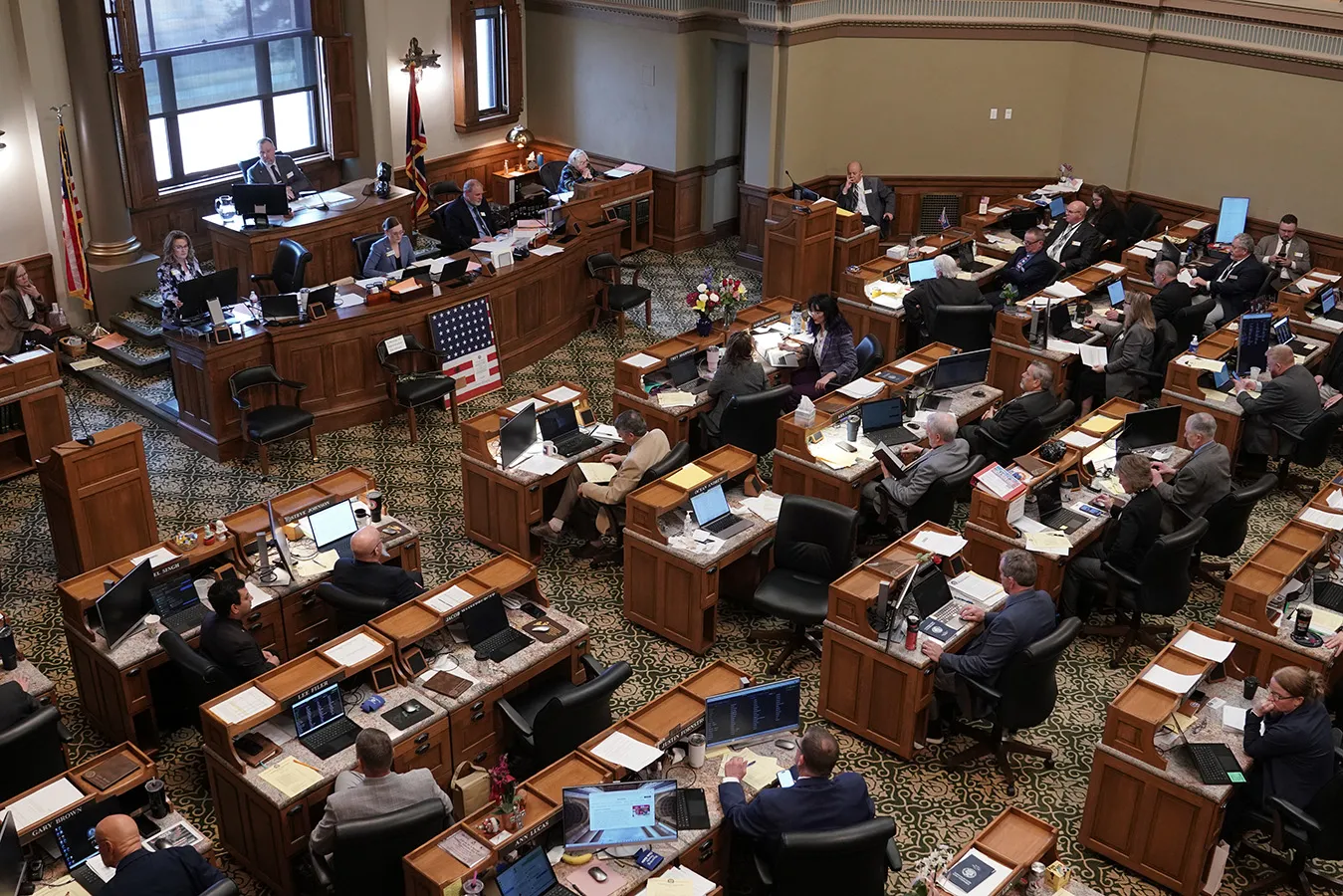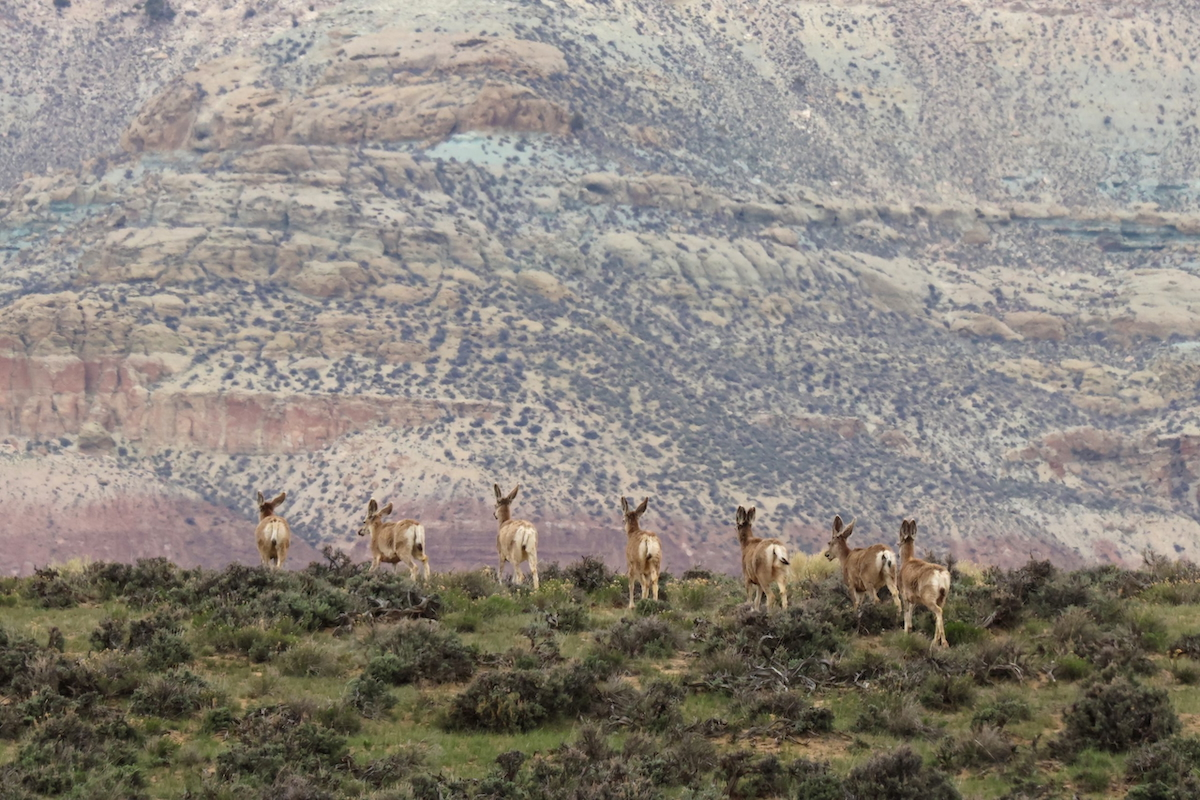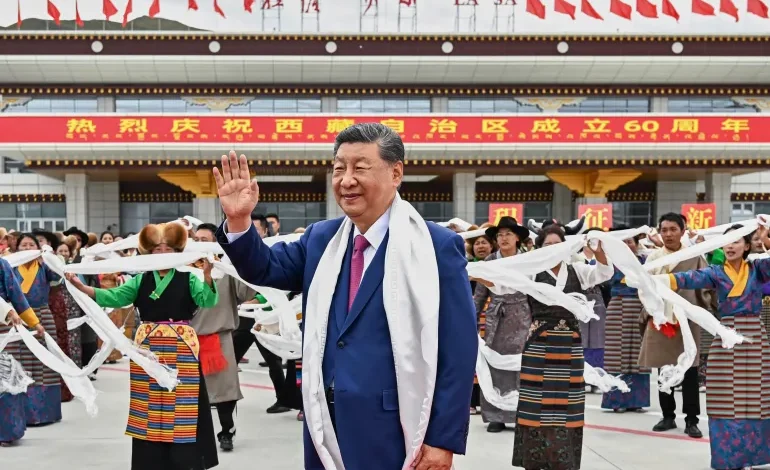China’s President Xi Jinping has made a rare trip to Tibet, marking 60 years since Beijing consolidated control over the Himalayan territory, long at the center of disputes about sovereignty and cultural survival.
According to state media, Xi landed in Lhasa on Wednesday, greeted by about 20,000 officials and residents representing what Xinhua News Agency called “all ethnic groups and all walks of life.”
In his speech, Xi called for building a “modern socialist Tibet that is united, prosperous, civilised, harmonious and beautiful.” State broadcaster CCTV added that Xi emphasized the importance of guiding Tibetan Buddhism “to adapt itself to socialist society.”
Beijing insists that Tibet has been part of China for centuries. Tibetans, however, maintain that for most of its history, the region functioned as an independent Buddhist theocracy.
In 1951, communist forces occupied Tibet, and by 1965, the Tibet Autonomous Region was formally established under Mao Zedong’s rule. That shift set off decades of political repression, heavy security, and state-driven cultural assimilation.
The Chinese government has accelerated migration of Han Chinese into Tibet in recent years, fueling tensions over demographics, identity, and religious freedom. Human rights groups have repeatedly accused Beijing of eroding Tibetan traditions while tightening its grip on monasteries and spiritual leaders.
Access to Tibet remains heavily restricted, with the region largely closed to journalists and foreigners.
Xi’s visit, wrapped in state propaganda, is being seen by observers as both a symbolic assertion of sovereignty and a reminder of Beijing’s continued push to reshape Tibet under its version of socialism.










The latest news in your social feeds
Subscribe to our social media platforms to stay tuned